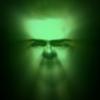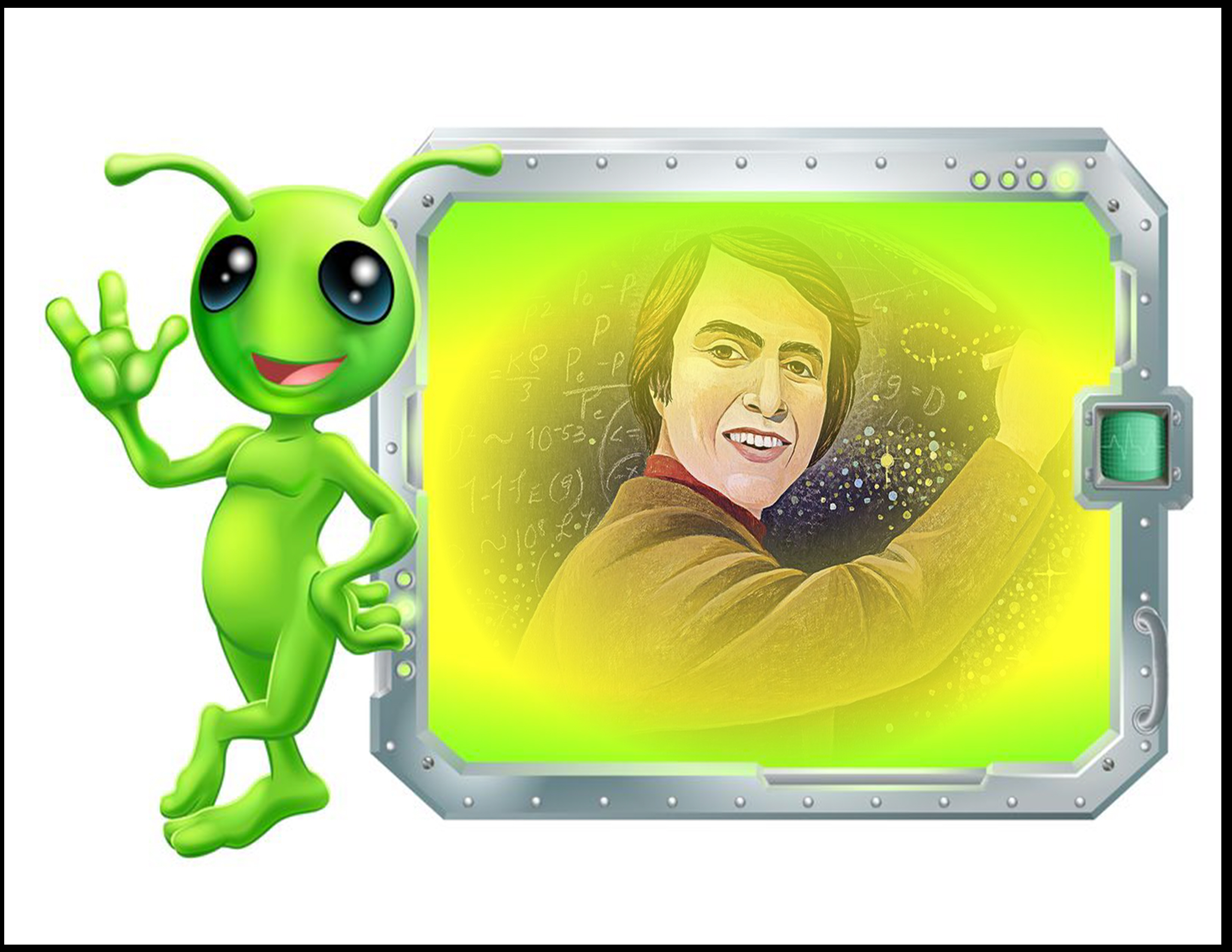Imagine living in ancient Greece and being asked to speculate about Earth being round. What might that discussion entail? Well, there likely would not have been much of one since most educated Greeks then believed Earth to be spherical.
Project 2000 years into the future, say around the 16th century and you were asked to consider the same question. Chances are you would not be asked, primarily for fear of the Church making your life miserable via the Inquisition. Just ask Galileo.
Such hypotheticals – What Ifs? – are popularly called thought experiments. The Stanford Encyclopedia of Philosophy defines thought experiments as “devices of the imagination [that] are employed for various purposes such an entertainment, education, hypothesizing, etc.”
The Encyclopedia asserts thought experiments posed in certain settings such as schools are usually noncontroversial, which makes sense given liberal-education – public – schools are generally ideal places for exploring such endeavors. However, thought experiments investigating morals, people, and universes, and divine beings often become contentious given they can gnaw away at individuals’ systemic, deeply held religious beliefs.
When teaching Age of Reason literature on the heels of having gone through the Age of Faith, I used the film version of Carl Sagan’s Contact to demonstrate the dichotomy between religion and science. My goal was to demonstrate how they offer differing ways of exploring the world and universe. I wanted my students to also see how the two can intersect or overlap since they share parallel missions: To ascertain Truth.
After all, many scientists are persons of faith, and the Catholic Church has inched away from its Inquisition Era during which Galileo was condemned as a heretic for positing Earth is not the center of the Universe but rather just a tiny speck orbiting a minor star in the far reaches of the Milky Way, which is among billions of other galaxies. Okay, Galileo did not get that detailed, but he helped open the door to our understanding of such.
Prior to writing Contact, Sagan gained public notoriety and acclaim with his book and PBS series, Cosmos: A Personal Voyage. In “Episode 1: The Shores of the Cosmic Ocean,” Sagan metamorphically calls Earth’s surface the cosmic shore since it is from here that we observe the vast expanse of the cosmic ocean. He famously, or infamously if you are of Inquisition mindset, declared that we are made of star stuff. No voila creative act for Carl. Just a slow but timeless evolutionary process. When you have eternity to get stuff done, why be in a hurry?
The question – Are we alone in this vast expanse? – has intrigued me since a student in Mr. Hauser’s Earth and Space class. In the 1970s, Erich von Daniken’s Chariots of the Gods caused me to wonder more. Eventually, I came to reject his arguments as farfetched ramblings, but now I wonder if he was not on to something.
Recently, New York Times columnist and podcaster Ezra Klein posed this thought experiment: An other-worldly object, clearly not of human design, crashes onto Earth with no life aboard. Seemingly, it is a probe sent from some distant planet, much like probes we send to explore Mars, et al. What are the implications for our national and global politics?
How does it challenge dogmatic religions’ claim of humankind being a one-and-done creative act on God’s part, made in his likeness? Another conundrum: If interstellar travel is possible and heaven is a literal place, can one hop a flight to it?
What new scientific discoveries are revealed? Was Gene Roddenberry, the creator of Star Trek, more a prophet than a creative sci-fi fabulist?
Move speculation from the macrocosm to the micro, personal level. If proof arises, even if not totally substantiated, how would you react to it? How would existence of intelligent life beyond Earth affect you, your beliefs, your outlook from local to national to global?
Finally, what if we would behave and treat each other as if there were little green men? Now, there is a thought experiment.
Are there little green men? As Ellie Arroway says in Contact, “If not, there’s a lot of wasted space.”
I could not agree more. Beam me up, Scotty.

